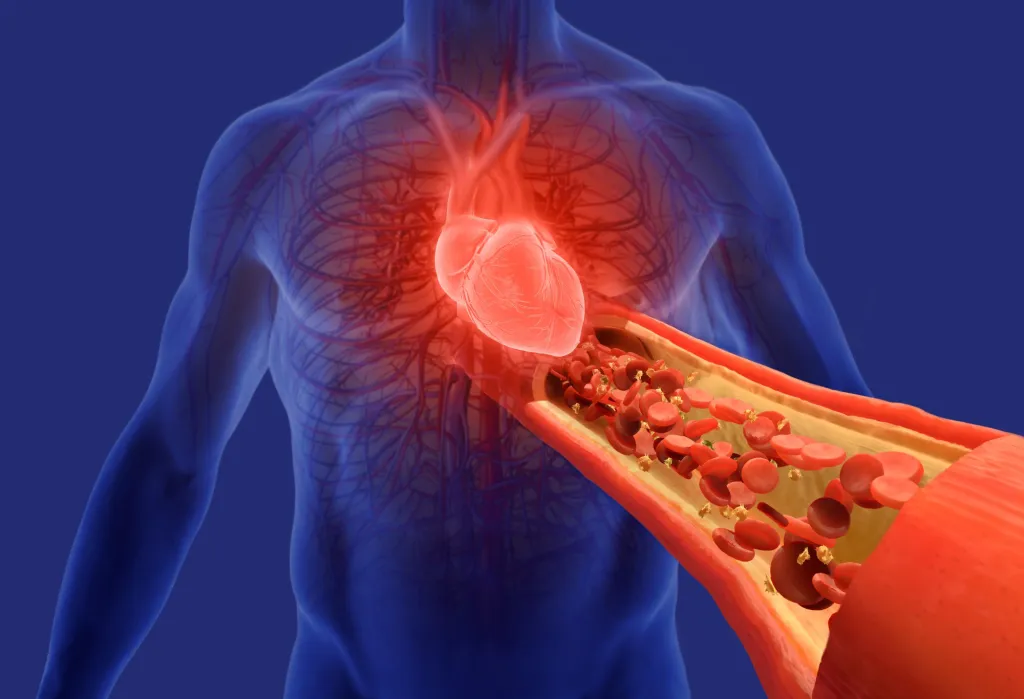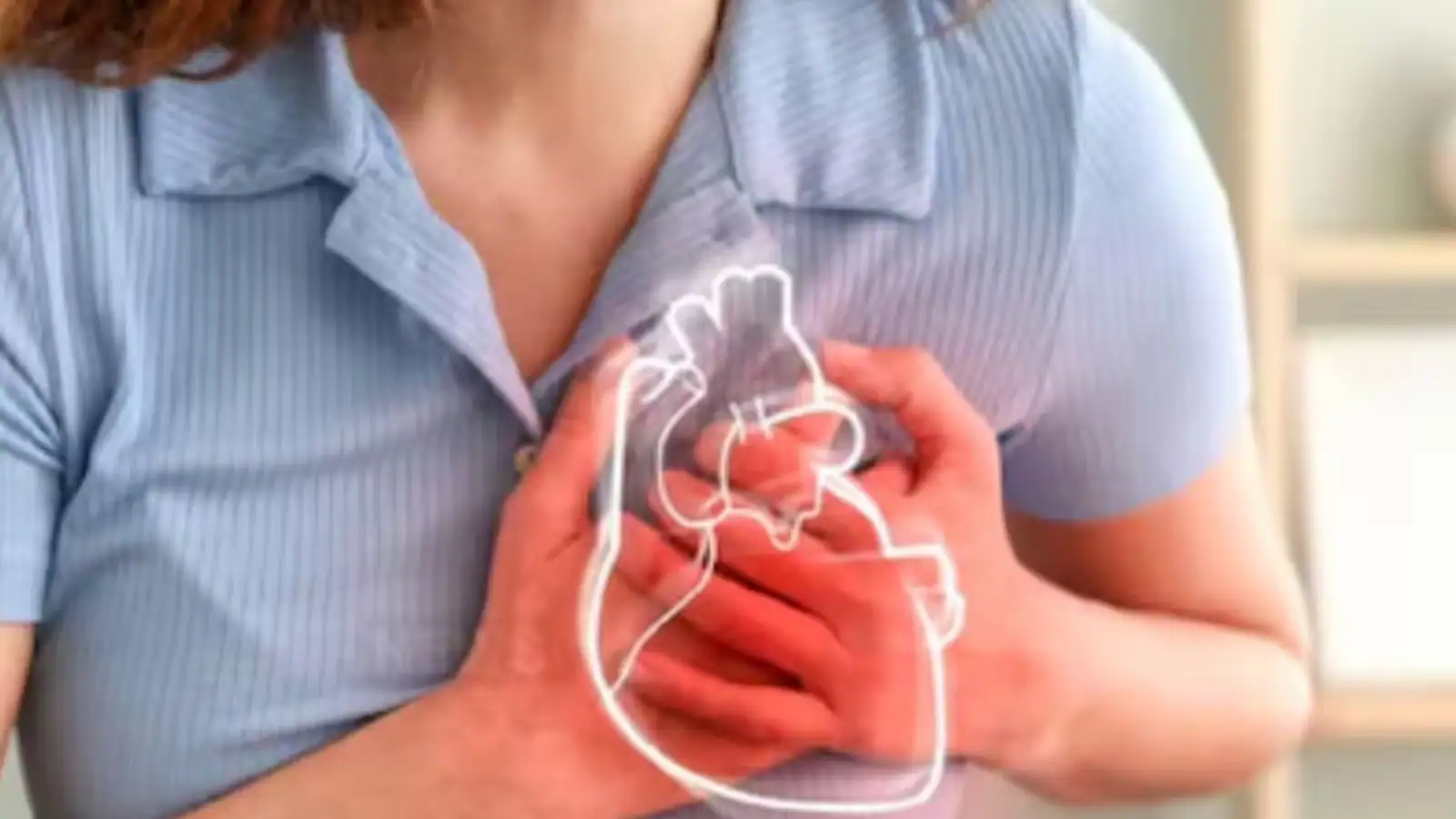
“And we will surely test you with something of fear and hunger and a loss of wealth and lives and fruits, but give good tidings to the patient.” — Quran
Trials and tribulations in this life are not random; they are part of the divine design. For a believer, difficulties beyond our control carry deep meaning. Our bodies and lives are entrusted to us by God, not owned by us. Thus, when hardship touches us, it is not a violation of our rights but part of his wisdom. The human body itself is a masterpiece of divine art, and its changes and trials display the manifestations of God’s beautiful names.
Just as raw material is refined into something valuable through careful processes, human life is elevated and perfected through tests. Illness and adversity, while difficult, can purify, strengthen and draw us nearer to God.
Consider the immune system: a remarkable defense placed within us, working ceaselessly against countless microbes and harmful cells. Its key players — cells, proteins and signals — do not intrinsically know or care about us; they act because their owner sustains and directs them. Behind the veil of this intricate mechanism, there is one who knows us, loves us and provides us with countless bounties. When recovery comes, it reflects His Name The Healer. When our hunger is satisfied, it reflects His Name The Provider.
Reflect further upon the human eye, placed delicately inside a socket, shielded from accidental bumps or scratches. The surrounding tissues and protective fluids do not “know” or care about the eye, yet the one who created it ensures that our vision is preserved and our experience of the world is safeguarded. Similarly, consider the heart and lungs — two delicate, vital organs — encapsulated by the protective cage of ribs. Who ensures that our hearts and lungs are protected so we may live and thrive? It is the same divine care that manifests in every hidden mechanism of our bodies.
Now consider the whole body in full coordination: the circulatory, urinary, lymphatic and other systems all work together in harmony to maintain the body’s equilibrium, known as homeostasis. None of the organs knows us or each other, yet they operate in cohesion, proving that they are officials acting under the divine command.
Another remarkable example is the skin of our feet, deliberately thicker and more durable so we can walk without injury. Human skin overall performs multiple astonishing functions: pores act as respiratory gates to protect the body from overheating, while other structures provide barriers and sensory perception. These mechanisms, each serving multiple purposes without conscious thought, point to the All-Wise Maker, who alone knows and cares for our well-being.
Avoiding negligence and seeking a cure is a duty upon every person. The challenge for humankind is to discover remedies, applying knowledge and effort in the service of health. The Prophet Muhammad (peace be upon him) encouraged this pursuit over 1,400 years ago when he said:
“God has not sent down a disease except that He has also sent down its cure.”
In another narration, it is clarified that old age and death are excluded. This guidance inspires believers to advance in medicine and seek treatment while trusting in God’s wisdom, integrating reliance upon him with proactive care for our bodies.
Yet even while recognizing the wisdom behind illness, the Prophet Muhammad (peace be upon him) taught us to protect our health, practice prevention and seek treatment when needed. He also said:
“Take advantage of five before five:your youth before your old age,your health before your illness,your riches before your poverty,your free time before your work, andyour life before your death.”
In this way, caring for our bodies and using our blessings wisely become acts of trust in God and expressions of gratitude for his gifts.
Islam teaches that the wisdom of our creation is to know God, seek his refuge and express gratitude. Illness turns our hearts to him in supplication, while health and healing remind us to give thanks. Both hardship and ease, sickness and cure, reveal the one who loves, sustains and heals. Through trials, illnesses and disasters, we are shown how truly fragile and dependent we are, intrinsically in need of his protection and care. The remedies and relief we receive in times of hardship become the sweetest opportunities to offer our master due praise and gratitude.
Islam Bedir is a Muslim and a former resident of the Hampton Roads area.



